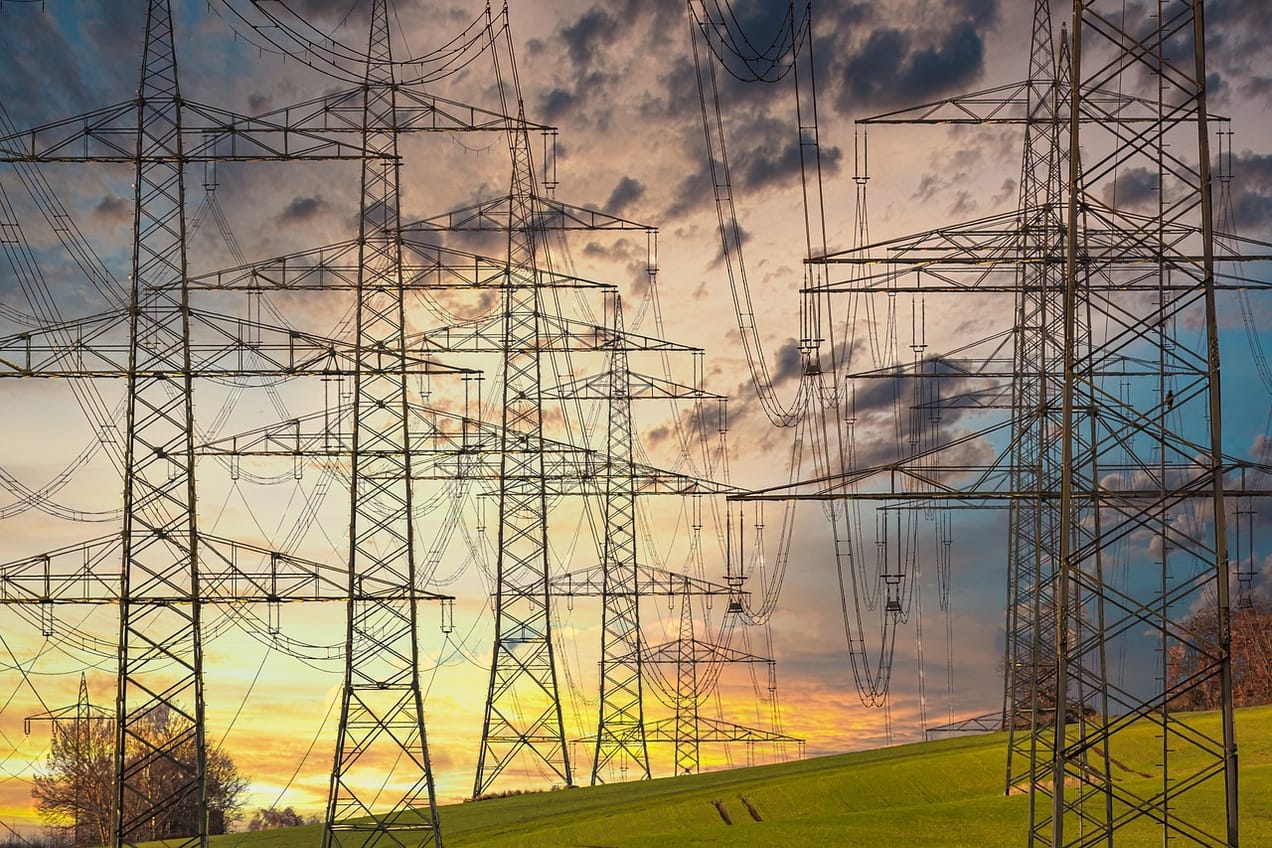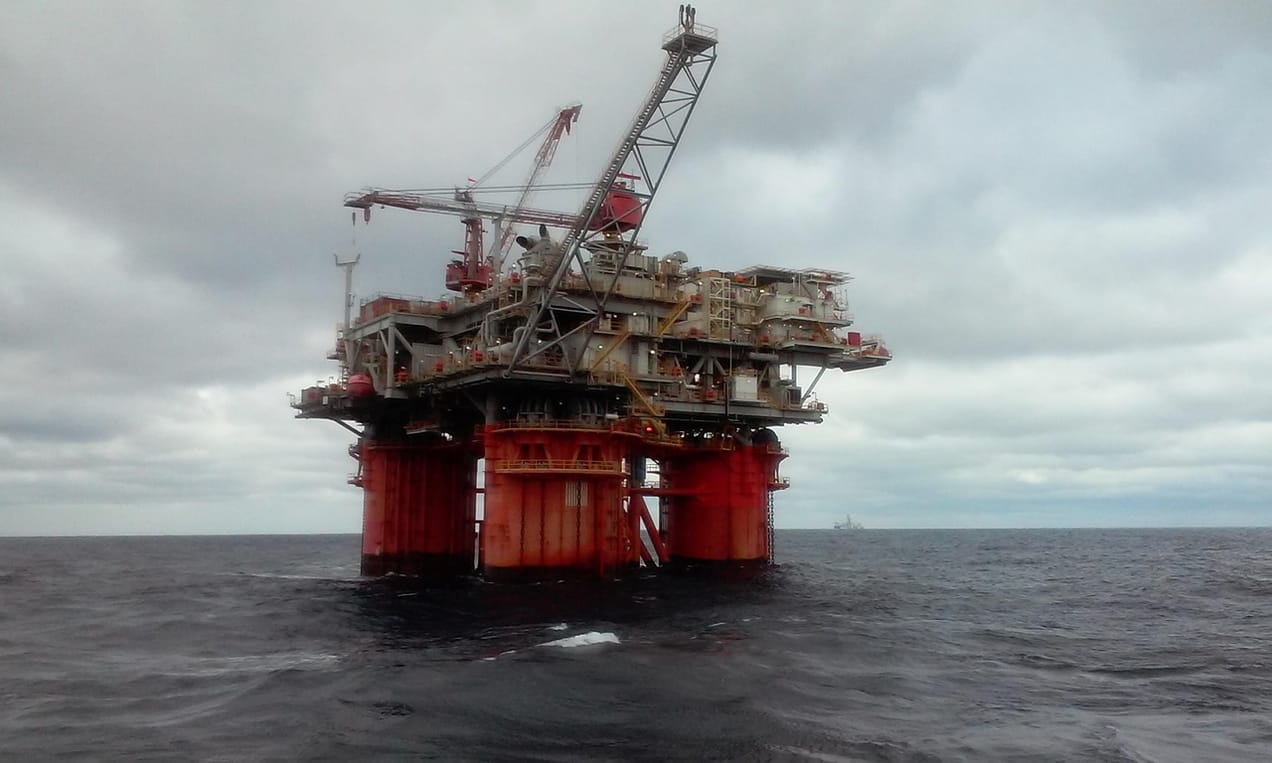
Sunday Brunch: the building blocks for a good strategy
Financial accounts might sound like they are only for financial specialists. But that would be wrong. The financial Annual Report should also be about sustainability.
"It is difficult to get a man to understand something, when his salary depends upon his not understanding it." probably first said by William Jennings Bryan in 1893
Strategy is about preparing for change, something that lies at the heart of making any company successful in the long run. But good strategy doesn't just appear in a vacuum. We need to prepare for a different future. And that can be challenging.
But how can companies be preparing for the future changes that the sustainability transitions will bring if they are not even thinking about the possible impacts and outcomes. Just recently a report from Carbon Tracker that showed that "140 companies with some of the world’s highest emissions are collectively failing to explain how the climate crisis affects their existing business, with major auditors found to be equally ineffective".
An important step in creating a business that lasts is to understand what changes the sustainability transitions will likely bring, and how they will impact our company. And then obviously, how do we anticipate and prepare for these changes in a way that allows us to continue to generate a fair financial return for our investors.
And to be clear, this analysis is complementary to efforts by investors and other groups to get companies to commit to net zero, 1.5 degree pathways, and to report in accordance with standards such as TNFD. It's just coming at the problem from a different direction.
If you want to read the rest and are not already a member...

Understanding the problem is the start of finding a solution
Financial accounts might sound like they are only for financial specialists. But that would be wrong.
It's sometimes easy to forget that the basic purpose of financial accounts is to enable investors to identify if the company is being well managed, and to give them the information they need to identify what the company is worth.
Over hundred's of years accountants have fine tuned the information that is provided in companies audited Report & Accounts. An important element of my role, first as an analyst and then as a fund manager, was to keep up to date with the changing rules. Which meant reading, and understanding, the various standards from organisations such as the International Accounting Standards Board (IASB).
It was sometimes a hard slog, but a necessary one. Because a companies Report & Accounts, properly interpreted, gave me much of the information I needed to decide if we wanted to invest in a company (or not). And it gave me the tools to identify if the company was well run, and if it had a viable future.
More recently, we have added sustainability into the evaluation. Because lets be clear, the sustainability transitions are going to dramatically change most companies operating environment. Think change on a massive scale.
Because of this, ensuring that the company anticipates and prepares for the future, and that it properly estimates the impact of the sustainability transitions on the companies future financial performance, is an important role of the company's board of directors. Perhaps their most important role.

Understanding the impacts of the sustainability transitions on a company is not just about helping deliver societal expectations around net zero or protecting our environment. It's also about ensuring that a company can change and adapt to these new operating requirements.
If this is correct - why are companies not disclosing what investors need ?
And it's clear that they are not. At least not to the detail that investors need to make informed decisions.
To quote the recent Carbon Tracker report ....
Overall climate related disclosures continue to lack the detail investors need to assess and engage. Of the 140 companies and audit reports, 60% failed to provide meaningful information about whether, and how, climate risk and the energy transitions impact the companies financial statements.
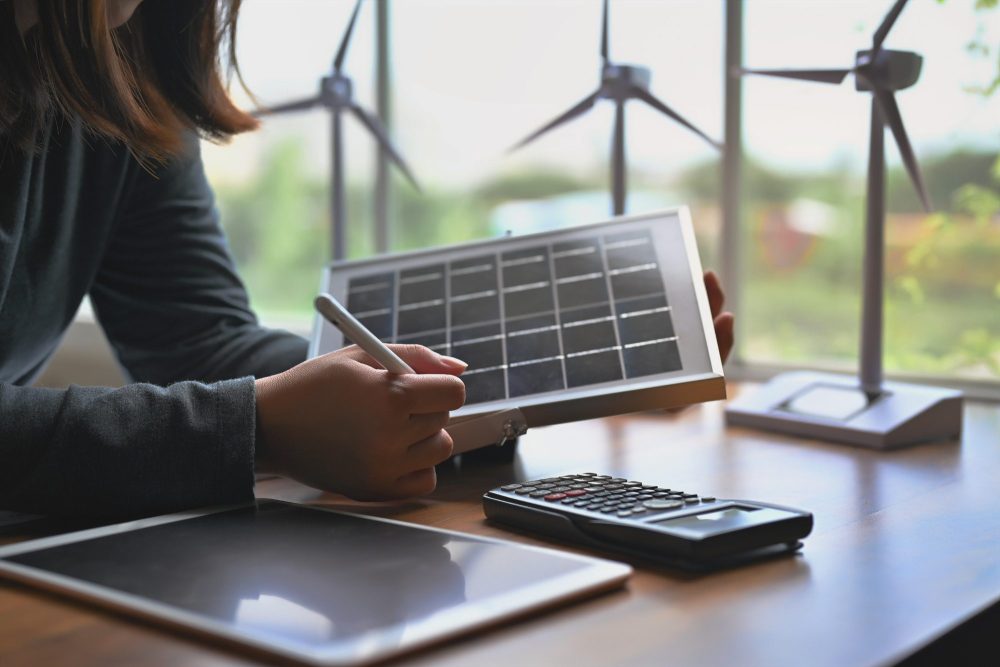
What does impact mean in the context of financial statements?
One of the areas that analysts focus on is the Balance Sheet. Which is where the company records it's assets and liabilities.
Putting this in layman's terms, assets are the 'investments' that the company has made - that will generate future profits and cashflows. These can be physical (called tangible) assets such as factories. Or they can be intangible assets like brands and research. Plus this also includes cash in the bank, and money the company is owed.
It should be clear that the sustainability transitions will impact the future cashflow generation of a companies assets. This could be positive ( say a new EV factory, where demand for the product is growing faster than expected) or it could be negative (say coal mines, where demand for the product is falling faster than initially thought).
Where the value of an asset is at risk of falling, because it will not generate the future cashflows once thought, a company is expected to record this in their accounts, via an asset value write down (or the risk of one).

So assets on the balance sheet are about more than just what something cost to build. They are a measure of future profit generation.
Liabilities are the flip side of this. They can be (simplistically) thought of as the 'money' that the company owes. Some of this is about repaying debt, or paying suppliers. But also included are future liabilities.
This could be a fine that a company 'might' have to pay. Or it could be the potential cost of fixing the damage caused by pollution the company generates.

And these future liabilities could be so material that the long term viability of the company is at risk. When this happens, the company can go bankrupt or enter Chapter 11, often effectively walking away from their obligations.
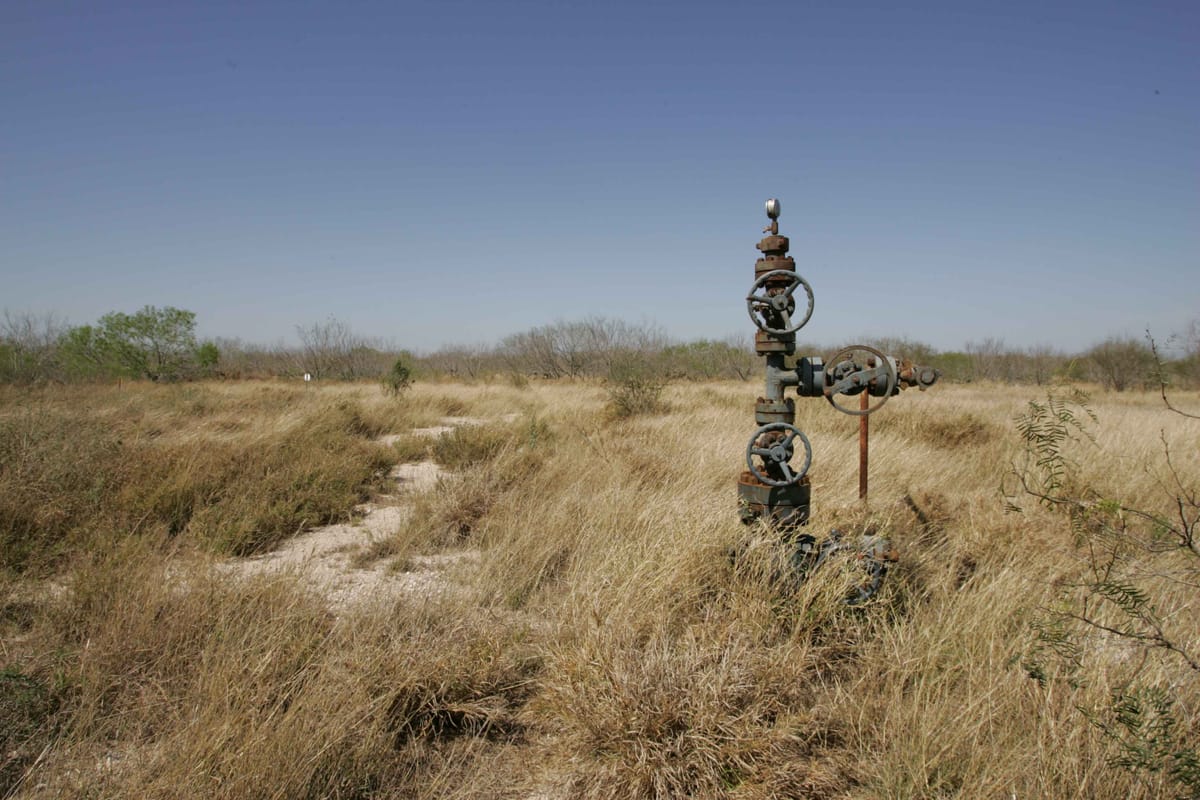
From this it's clear - although accountants talk about the companies Balance Sheet, and the impact that the sustainability will have on it, what they are really talking about is the companies future profitability.
And this is why it's so important that companies properly report, in detail, the likely impact of the sustainability transitions on their operations. Because without this information, investors and others cannot judge if the company is being well run, if it is properly preparing for the upcoming sustainability transitions, and what it's worth.
Hopefully I have convinced you that what a company reports in it's annual audited Report & Accounts is of interest to you, as well as accountants and financial people.
Companies should be telling you how their operations will be impacted by the upcoming sustainability transitions, what the financial consequences will be, and what they are doing to prepare for this.
And hopefully, what changes they are making that mean that the company continues to have a viable future.
Something a little more bespoke?
Get in touch if there is a particular topic you would like us to write on. Just for you.
Contact us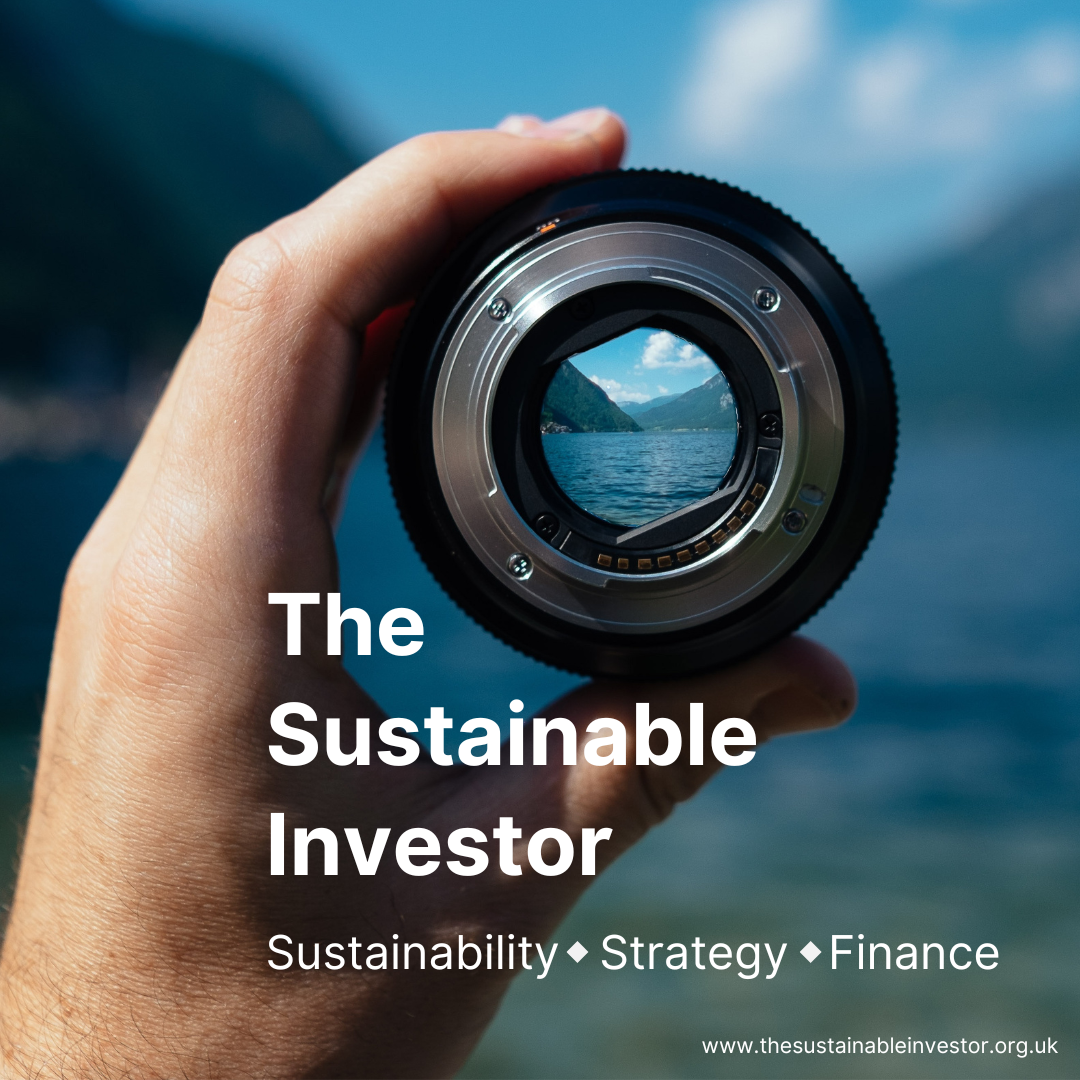
Please read: important legal stuff.



